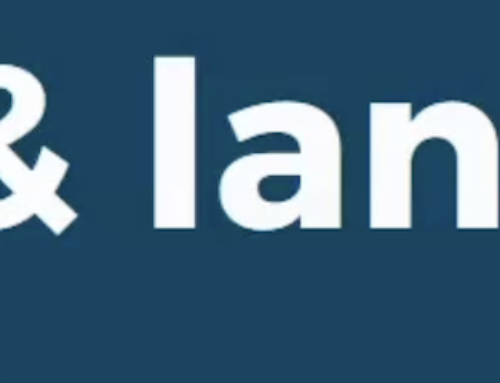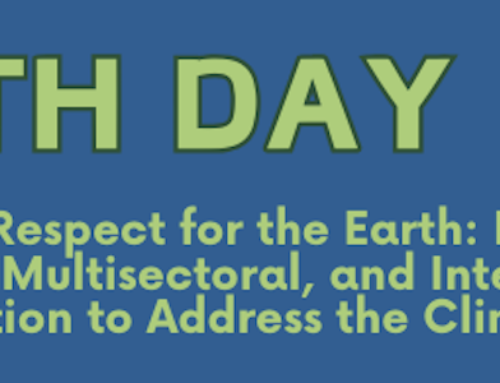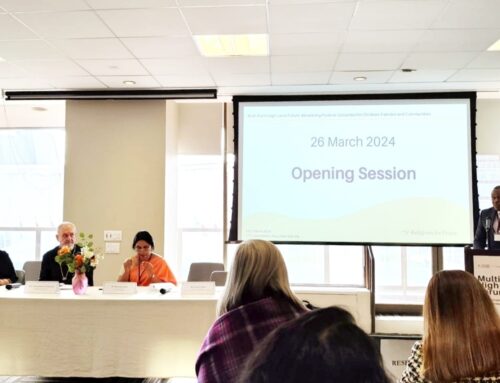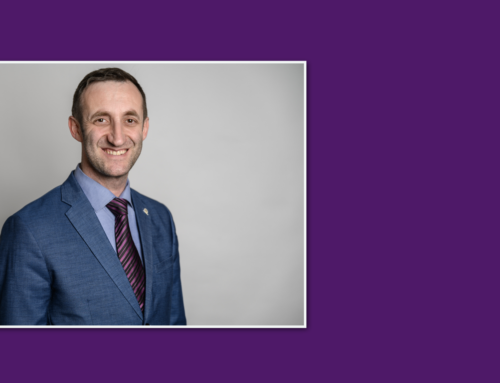Policymakers, religious leaders, journalists and civil society representatives converged in Castelldefels, Spain this week for the 4th European Policy Dialogue Forum on Refugees and Migrants, where they tackled barriers to successful integration in European cities.
Held from 9-10 November 2022, the Forum welcomed 120 participants from 7 different religions and 30 different countries. This included a delegation from Religions for Peace Europe including representatives of the European Council of Religious Leaders and the European Interfaith Youth Network.
Today, more than 60 per cent of the world’s refugees live in urban areas, where they have better chances for education, jobs and self-sufficiency.
An increasing number of those cities are choosing to empower refugees and embrace the opportunities they bring.
Many such examples were shared throughout the Forum, including during a special Dialogue café which shared eleven initiatives targeted at improving urban integration. They included “Faiths in Tune”, a project implemented in Germany by Anja Fahlenkamp which aims to foster dialogue and peaceful coexistence through musical and personal interactive formats and the “Welcome Hubs” in the city of Bristol, which ensure community support for Ukrainian refugees arriving in the city, presented by Forward Maisokwadzo.
Rev. Dr Thomas Wipf President of ECRL is quoted,
“In the polarized political and social situation in most European countries and around the world, there is a need for people guided by values and inner convictions who stand up for cohesion and mutual understanding with courage and hope,”

Imam Yahya Pallavicini (left) [ECRL member], Tarafa Baghajati (middle) and Mufti Nedžad Grabus (right) [ECRL member] gather in Barcelona during the 4th EPDF (Photo: Christyan Martos / KAICIID)
Full article available here: https://www.kaiciid.org/news-events/news/european-policy-dialogue-forum-tackles-hate-speech-and-urban-challenges-refugees
The event was jointly hosted by the International Dialogue Centre (KAICIID); the KAICIID-supported Network for Dialogue (N4D); the Blanquerna Observatory of Communication, Religion and Culture; the European Council of Religious Leaders/Religions for Peace Europe; and the Institut Superior de Ciències Religioses de Barcelona (ISCREB). The OSCE Office for Democratic Institutions and Human Rights (ODIHR) supported the event.





